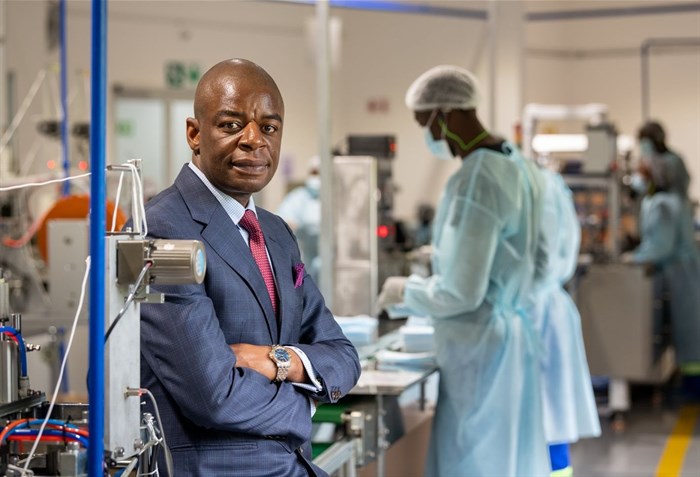
Top stories



LifestyleWhen to stop Googling and call the vet: Expert advice on pet allergies from dotsure.co.za
dotsure.co.za 1 day

AutomotiveHilux Custom Builds offers purpose-built solutions for your business
Toyota South Africa Motors 1 day

The first is simply by acknowledging it and being honest about it.
While hunger and desperation may motivate some to improve their lot (think Chris Gardner of The Pursuit of Happyness fame), we need to acknowledge that hunger and desperation are more likely to be disempowering for most who experience them.
While some can overcome their circumstances, most can’t or don’t… which is why we see the preponderance of “necessity” entrepreneurs over “opportunity” entrepreneurs in Africa. The first merely circulates available resources, the latter grows those resources.
This lack of agency leads to a scarcity mentality among most African entrepreneurs, where they scrabble for meagre resources. For them, resources are scarce, and there’s not enough to go around; so everyone is in competition.
This mindset is detrimental to successful entrepreneurship; for successful entrepreneurs, the glass is always half-full rather than half-empty and any challenge is an opportunity to make money.
Firstly, governments, funders, teachers and everyone involved in the entrepreneurship space need to pay a lot more attention to inculcating a positive mindset in entrepreneurs. While this may not be necessary for entrepreneurs who come from wealthier backgrounds, it is critical for those who come from poorer backgrounds… which is the majority of African entrepreneurs.
Where possible, we need to start young, at schools where we empower the young by providing them with the quality of education and the questioning skills they need to thrive and recalibrating our notion of failure.
We need to teach them, and continually reaffirm, that failure is not bad, it is merely a lesson that needs to be learned to help us refine our approach and ideas.
This is a vital lesson for all African entrepreneurs in fact – young or old.
Not for nothing is the US considered one of the most entrepreneurial nations.
Filing for bankruptcy is not considered a failure in the US; it is merely proof that you have tried and not succeeded.
It is acceptable to file for bankruptcy many times. Donald Trump, the businessman and 45th president of the US, famously filed for bankruptcy four times.
As Thomas Edison, the inventor of the light bulb, so cogently said: “I have not failed. I’ve just found 10,000 ways that won’t work.”
However, filing for bankruptcy in Africa is frowned upon; it is considered a failure.
But the reality is entrepreneurship is a tough business with high rates of failure. You have to be prepared to fail, and to persevere.
The background of most African entrepreneurs also requires that they receive a lot more mentoring, for much longer than anticipated.
Repeated studies of why entrepreneurs and small businesses fail in Africa have found that they lack the proper guidance and that the mentoring they receive is not adequate. Mentoring is often short-term (six months, maybe a year) when African entrepreneurs, in fact, desire and require to be mentored for years.
That really shouldn’t be surprising when we consider that most come from disadvantaged and disempowered backgrounds and require a lot more validation.
So, funders and incubators should incorporate much more mentorship into their programmes.
We need to pay as much attention to the mental skills and support required by African entrepreneurs, as we do the practical and business skills and support.
If we don’t do so we will continue to wonder, and be stymied by, why African entrepreneurs are just not doing it.